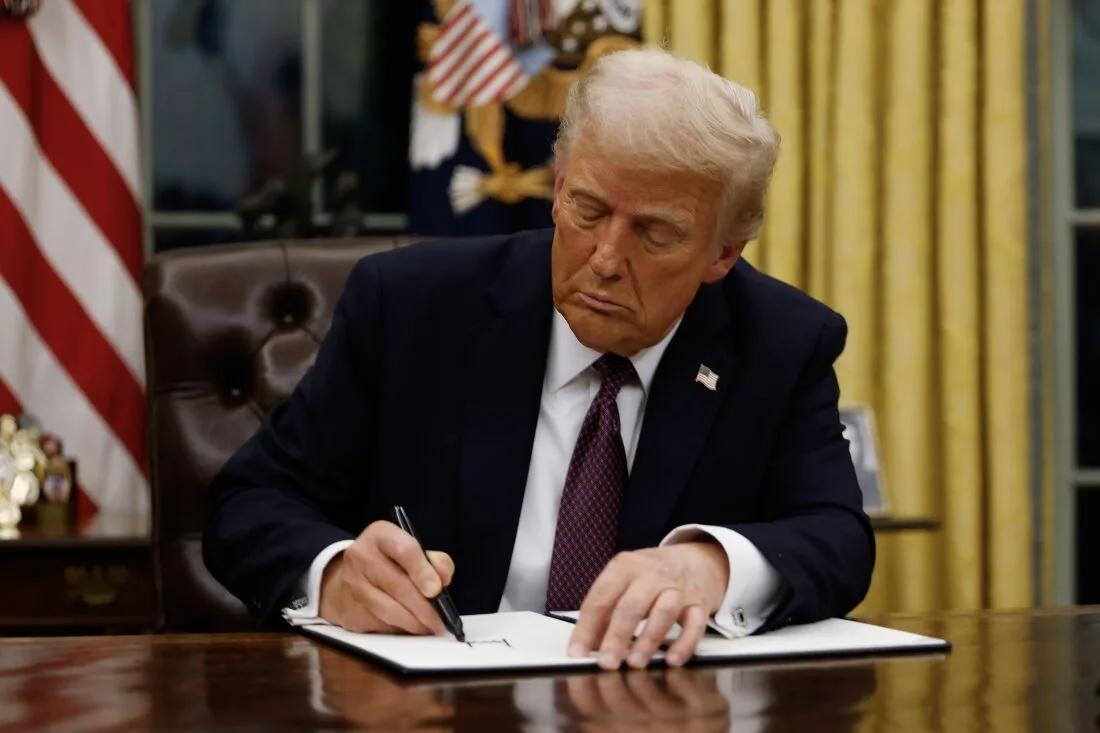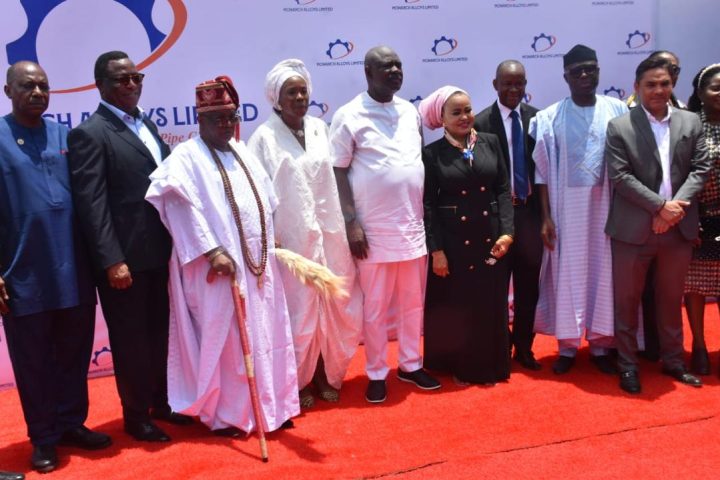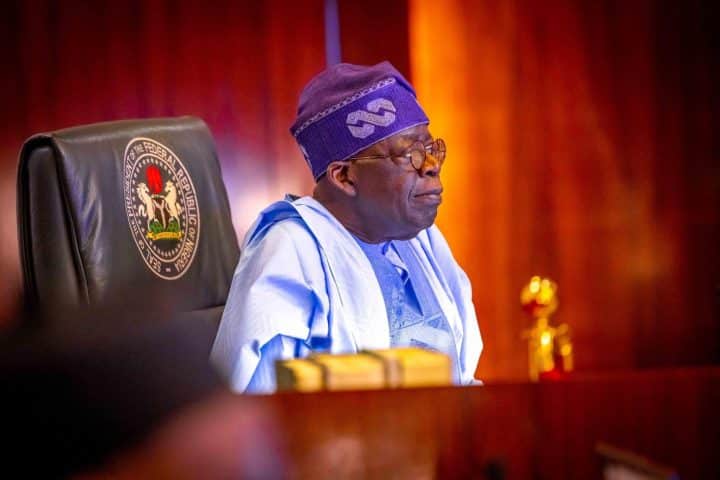A federal judge in Seattle on Thursday, issued a temporary restraining order to block President Donald Trump’s executive order, which sought to end birthright citizenship. The judge, John Coughenour, called the order “blatantly unconstitutional” during the hearing.
“This executive order violates the clear language of the Constitution,” Judge Coughenour said in court. “I can’t see how it holds up under legal scrutiny.”
Join our WhatsApp ChannelThe restraining order halts the implementation of Trump’s policy for 14 days, giving time for further legal arguments.
States Challenge Trump’s Policy
The legal challenge was led by Washington Attorney General, Nick Brown, along with attorneys general from Arizona, Illinois, and Oregon.
“We brought this case to protect the rights of children born in this country,” Brown said. “This order from the Trump administration threatens the fundamental principle of equality.”
The case is one of five lawsuits filed by 22 states and immigrant rights groups. These lawsuits highlight the personal stories of those impacted, including U.S.-born attorneys general and pregnant women fearing for their children’s future citizenship.
“These women are terrified their children will be denied the citizenship they are entitled to,” Brown added. “We will continue to fight for them.”
Trump’s Argument on Birthright Citizenship
The Trump administration’s executive order, signed earlier this month, instructed federal agencies to deny citizenship to children born in the U.S. if neither parent is a U.S. citizen or a lawful permanent resident.
READ ALSO: Bloomberg Philanthropy To Fund UN Global Climate Body After Trump’s Withdrawal
“This is not about discrimination,” said a U.S. Justice Department lawyer defending the order in court. “The Constitution’s jurisdiction clause provides the president authority to act in this manner.”
Judge Coughenour, however, expressed disbelief at this interpretation. “I am having trouble understanding how a member of the bar could state unequivocally that this order is constitutional,” he told the Justice Department lawyer. “It just boggles my mind.”
Impact on State Programs
Washington and the other states argue that ending birthright citizenship would financially burden their programmes.
“This would result in thousands of children being excluded from federal benefits, putting the onus on state resources,” said Oregon Attorney General Ellen Rosenblum.
Illinois Attorney General, Kwame Raoul, agreed, saying, “We are looking at a logistical and financial nightmare if this order moves forward.”
Broader Legal Implications
While Trump’s legal team defends the policy as an interpretation of constitutional language, immigrant rights advocates see it differently.
“Trump’s order is a direct attack on immigrant families,” said Maria Martinez, director of a national immigrant rights organisation. “This is not about constitutional language. It’s about erasing the protections we’ve fought for.”
As the legal battles continue, Judge Coughenour’s ruling sets a precedent that could influence other cases across the nation. For now, the temporary restraining order ensures the policy is paused.
“This is just the beginning,” Martinez said. “We won’t stop fighting until this unconstitutional order is struck down permanently.”
The block on Trump’s birthright citizenship order marks a significant moment in the ongoing legal fight over immigration policies. The restraining order gives states and advocates more time to push back against what they call a constitutional violation. The issue remains far from settled as courts across the U.S. continue to hear challenges.
Emmanuel Ochayi is a journalist. He is a graduate of the University of Lagos, School of first choice and the nations pride. Emmanuel is keen on exploring writing angles in different areas, including Business, climate change, politics, Education, and others.
- Emmanuel Ochayihttps://www.primebusiness.africa/author/ochayi/
- Emmanuel Ochayihttps://www.primebusiness.africa/author/ochayi/
- Emmanuel Ochayihttps://www.primebusiness.africa/author/ochayi/
- Emmanuel Ochayihttps://www.primebusiness.africa/author/ochayi/



















